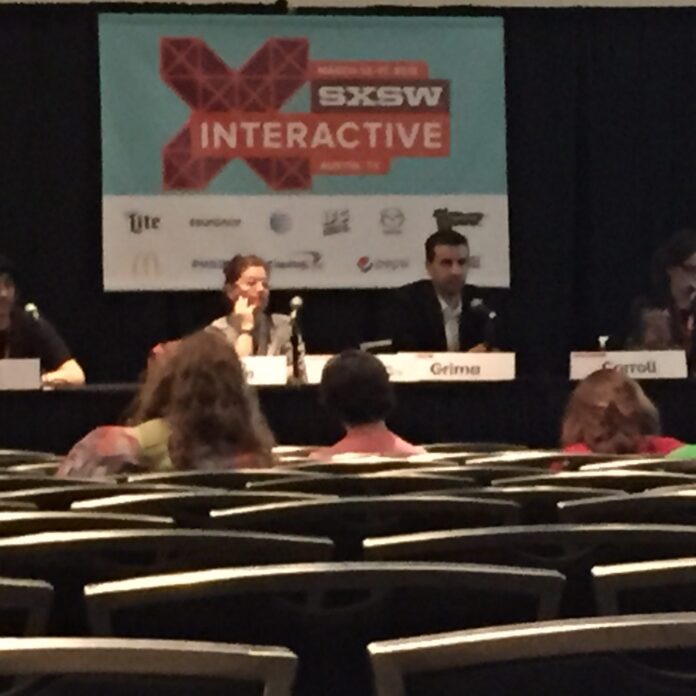FCC planning reverse, forward auctions of Super Wi-Fi in 2016
AUSTIN, Texas – Unused television broadcast spectrum, sometimes referred to as super Wi-Fi, could be used to provide Internet access to otherwise underserved communities, according to panelists at South by Southwest.
Mary Ellen Carroll, a designer, futurist and director of Public Utility 2.0/VUUM, led a discussion on the topic for the interactive portion of the annual SXSW festival, which features sections on technology, film and music.
Citing research from The New York Times, Carroll said that more than 60 million Americans do not have access to the Internet. That issue of access, she said, could be solved through clever utilization of disused UHF/VHF spectrum formerly dedicated to television broadcast.
“These old TV frequencies can, in fact, be used to create new networks,” she said. “It may not be the case if the [Federal Communications Commission] auctions off these licenses to the highest bidder. … Next year the FCC will conduct a reverse auction, which allows broadcasters to sell the spectrum rights to the United States, followed by a forward auction when they will auction the licenses to that spectrum.”
Carroll pointed to a pilot super Wi-Fi project in a section of New Orleans, using technology developed at Rice University in Houston. She cautioned that, depending on how the FCC proceeds with auctioning the licenses, an opportunity to increase the accessibility of the Internet could be lost to private interests.
“Unlicensed television spectrum is like our national seashore or parks: accessible to everyone,” she said. “Once sold, the use of these frequencies would be limited by whomever owns the license. Super Wi-Fi can enable those in underserved communities to have equal opportunities to get online.”

